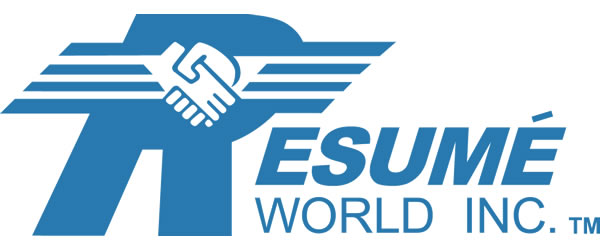Top Employers
Techniques to Maximize Resume Strengths
We all have strengths and skills and they are evident in our work performance. Marketing your strengths, experiences, accomplishments, attributes and qualifications collectively as the product (YOU) is really no different than a company marketing its products or services. As companies market their products to generate sales and increase revenues, you are marketing your product to generate interviews and employment offers. The important thing though is how well you communicate the strengths (benefits) of your product to your target market—potential employers. That will determine how successful you are at generating interviews with your resume and landing your next job.
- Select the right resume format to showcase your skills and experience
- Emphasize what you can offer potential employers (or bring to the table) based on your experience and accomplishments, validating all benefit claims with numbers, dollars or percentages as much as possible
- Alternatively, if you are not able to quantify your information using (#, $ and %), then qualify it using size, timeliness, speed, accuracy, efficiency, difficulty of the job, challenges you overcame, etc.—to show how well you have done your job
- Link key skills and experience to the competency requirements of the job you are applying to; this will enable the recruiter or hiring manager to visualize you performing the same or a similar role successfully for their organization
- Develop a personal branding or value proposition statement and use it on your resume, cover letters, interviews, networking and all job related communications, including social networking activities
- Use customer testimonials, including the names of companies and strategic alliances/partners if large or well-known in your industry; this will give your resume instant creditability
- Tell what you know about the employer, its products and services, customers, industry and competition either in your resume or cover letter; this will show the hiring manager or recruiter that you are particularly interested in their job and have done your homework. This extra work on your part could create instant interview opportunities for you
- Establish connections with employees, customers and partners of companies you would like to work for and ask if you can use them as a referring source on your resume and letter. Many employers would grant job interviews to candidates if they are referred to them by valued employees, customers or business associates
- Include the names of competitors (if applicable) of prospective employers that you wish to target, employers prefer to hire people who understand their market and competitiveness of their business or sector
- Include that you keep up to date (only if you do) with current trends and changes within the industry through specific readings and self-directed training; this will show initiative and a commitment towards your profession/career and further prepares you for development advancement
- Align your professional values with that of your target employers. For example, if delivering great value to customers is a value statement of a particular employer, tie your experience to this value using compelling examples from your experience


